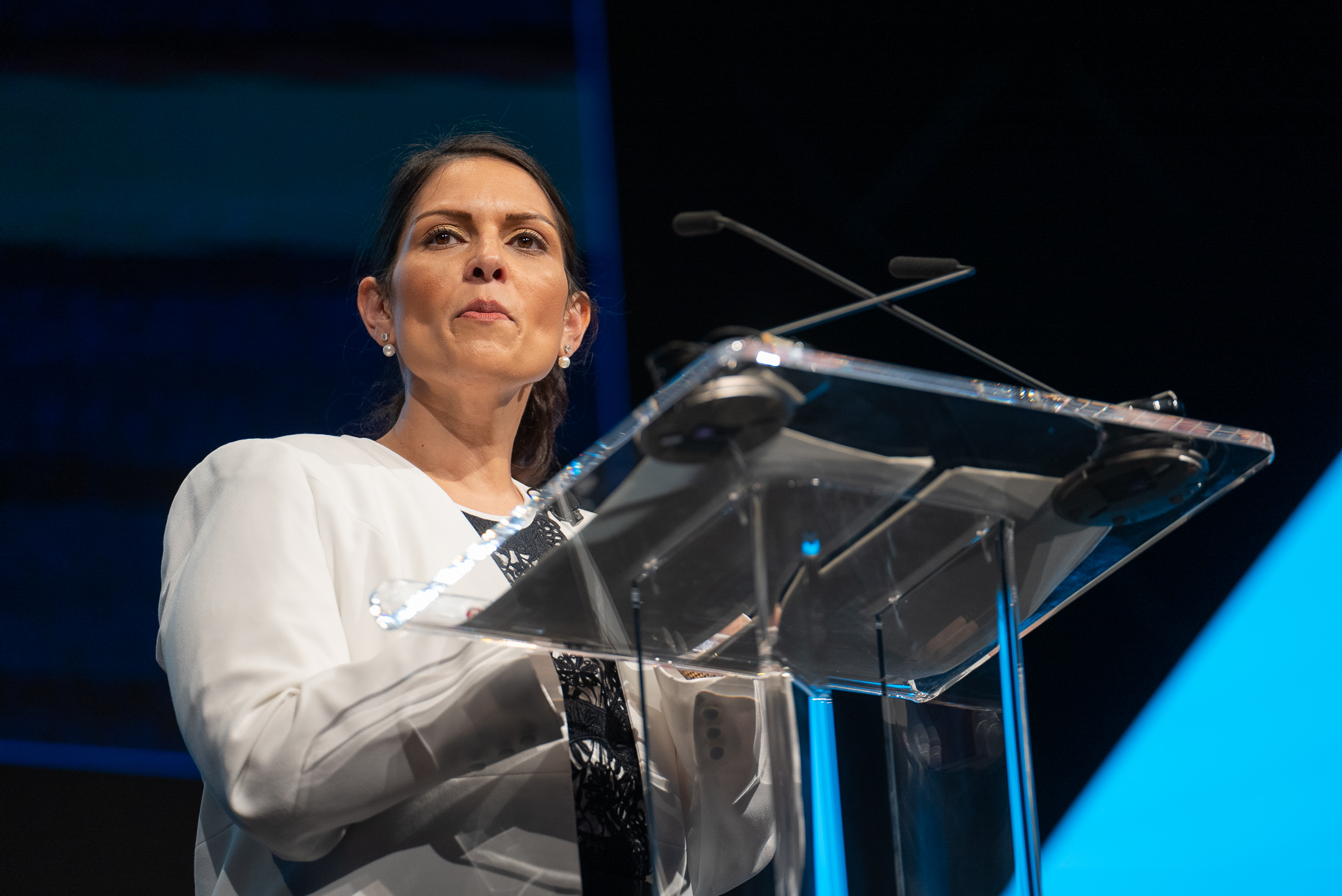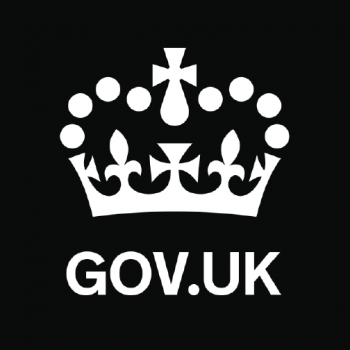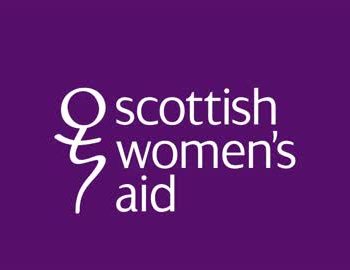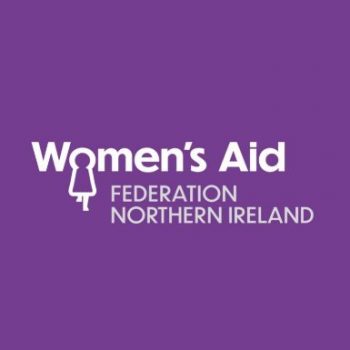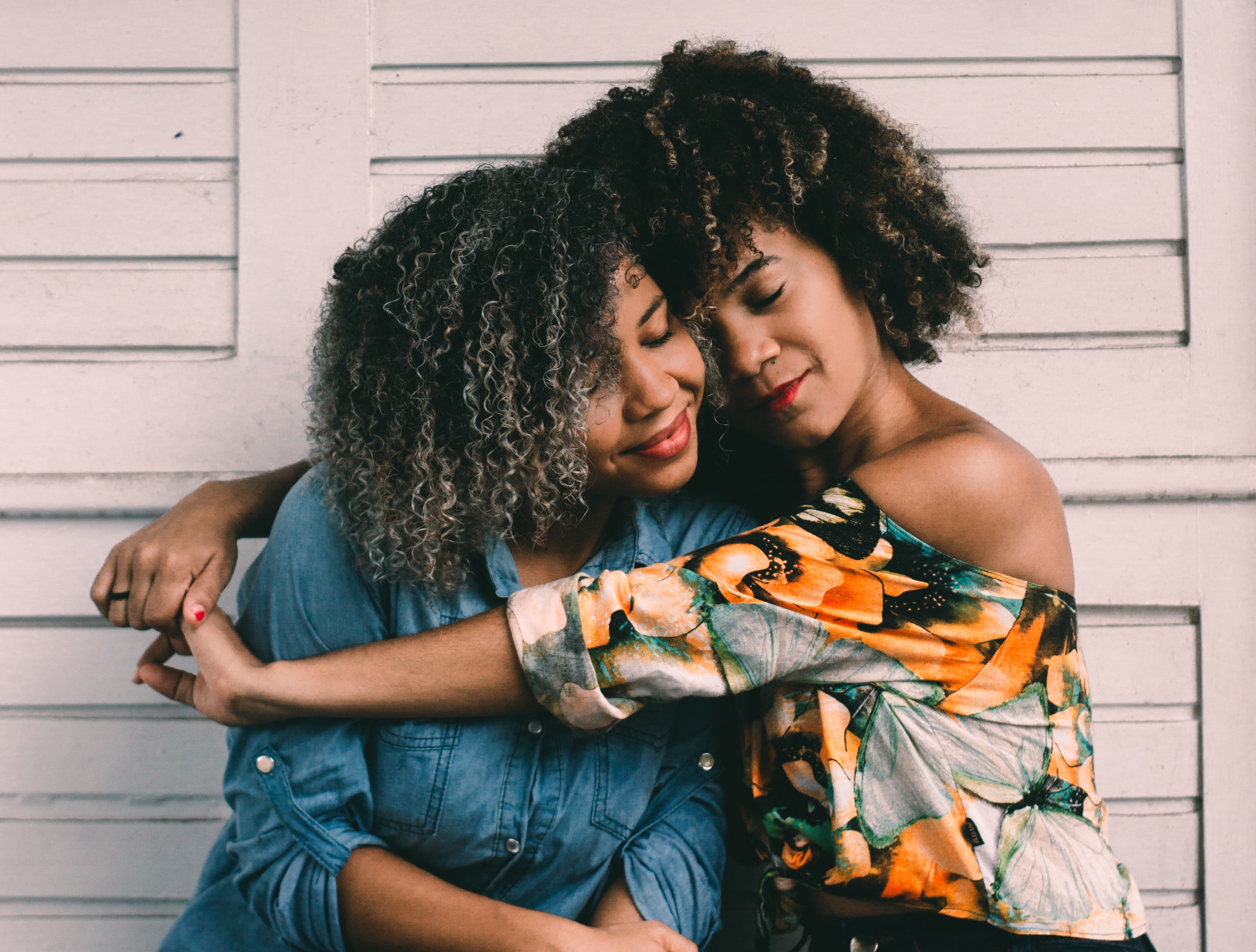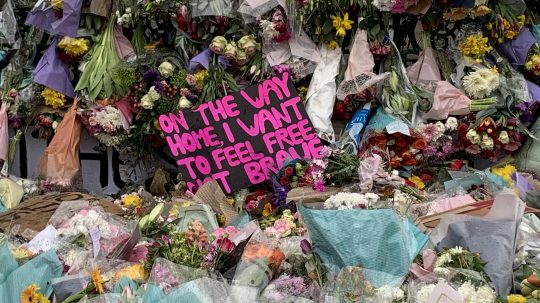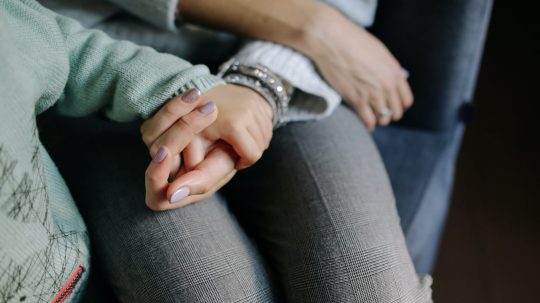In May, Home secretary, Priti Patel, announced that the UK will comply with the Istanbul Convention after a 10-year delay. The UK will now seek to ratify the Convention by 31 July. It is the first legally-binding treaty with minimum legal standards which governments must meet to combat violence against women. After a decade of waiting, concerns have been raised though that the government has and will continue to fail migrant and refugee women, as the government is ‘reserving their right‘ not to comply with article 59, which would end some migrants’ dependence on abusive partners for their immigration status.
In 2012, the UK government signed the Convention, which has been signed by 44 other countries. But, because the government has so far failed to ratify the treaty, it has not had to meet its obligations to date. The Convention, a treaty of the Council of Europe, recognises that violence against women and girls is a violation of their human rights and a form of discrimination against women. It states that: “Violence against women is a manifestation of historically unequal power relations between women and men, which have led to domination over, and discrimination against, women by men and to the prevention of the full advancement of women”.
Patel announced that the government will now seek Parliament’s approval for ratification in the coming weeks. The Istanbul Convention would apply to the whole of the UK, though Scotland, Wales and Northern Ireland also have their own laws and plans for addressing violence against women.
Offences committed overseas are now punishable
Introducing legislation that applies to UK nationals or residents overseas was one of the key sticking points of the Convention which the UK failed to meet until recently. The Domestic Abuse Act 2021, passed by Parliament in April last year, extended the remit of UK courts to bring anyone who committed certain violent or sexual crimes to trial in the UK, whether they committed the crime in the UK or overseas.
Nahide Opuz was abused by her husband for years. He also used to beat and threaten her mother with death…
There were many warning signs, as is often the case in #ViolenceAgainstWomen.
Find out about the landmark case that helped bring about the #IstanbulConvention⬇️ #16Days pic.twitter.com/7MRzrEW5LU
— Council of Europe (@coe) November 26, 2021
Earlier this month the Domestic Abuse Commissioner for England and Wales highlighted concerns about domestic abuse survivors not being able to obtain legal aid to pursue cases against their abusers. Despite being unable to afford the cost of private legal fees. She said that survivors had been “re-traumatised” by having to represent themselves in court against perpetrators who abused them. The Commissioner called for all survivors to be exempt from the legal aid means test.
Government failing to support migrant and refugee women
Despite seeking to ratify the Convention, the government is reserving its right to not comply with one of the articles in it. This article states that victims of abuse whose immigration status depends on their spouse or partner must be granted an autonomous residence permit if the marriage or relationship ends.
Currently, survivors of domestic abuse in the UK can apply for indefinite leave to remain (ILR) if they are the partner or spouse of a person with ILR in the UK or a British citizen. But, a survivor cannot apply if their immigration status is dependent on another form of leave or if they are not married or in a civil partnership with this person. Even if they apply, indefinite leave to remain may not be granted by the Home Office.
Patel said: “We will also be applying a reservation on article 59, which relates to migrant victims, to enable us to ratify the convention before the evaluation of the Support for Migrant Victims scheme concludes, at which point we will consider the policy issues involved substantively, and whether that reservation should continue.”
The government must ratify the Istanbul Convention without reservations. #AllWomenMeansAllWomen https://t.co/sjB5Vf5b8F
— Southall Black Sisters (@SBSisters) June 8, 2022
The scheme is a one-year pilot to provide support to 500 women not eligible for public funds, launched by the government in April 2021, to be delivered by Southall Black Sisters and its partners. The group told The Guardian that the government’s reservation for the Convention would create a “two-tier system” of support for survivors, as many fear deportation as a result of leaving their abuser.
The organisation IC Change wrote a letter to the home secretary, signed by 80 organisations, calling on the government to ratify the Convention without reservations. It said that reserving article 59 would be “disastrous” for migrant women and ‘deny them life-saving support’.
Their concerns were echoed by Farah Nazeer, the chief executive of Women’s Aid, who called on the government to address its insufficient support for migrant survivors of abuse. She said that the government had not given migrant survivors access to full and equal support through the Domestic Abuse Act, adding that the Nationality and Borders Act “creates further difficulties for women and girls subject to abuse”.
The Domestic Abuse Commissioner found that perpetrators of abuse have exploited survivors’ insecure immigration status as a tool of coercive control to make them stay in a relationship.
Visit EachOther’s website throughout this week for more coverage of domestic abuse and sexual violence as they relate to our rights in the UK.
If you are experiencing domestic abuse, you can call the UK’s 24-hour National Domestic Abuse Helpline on 0808 2000 247.

